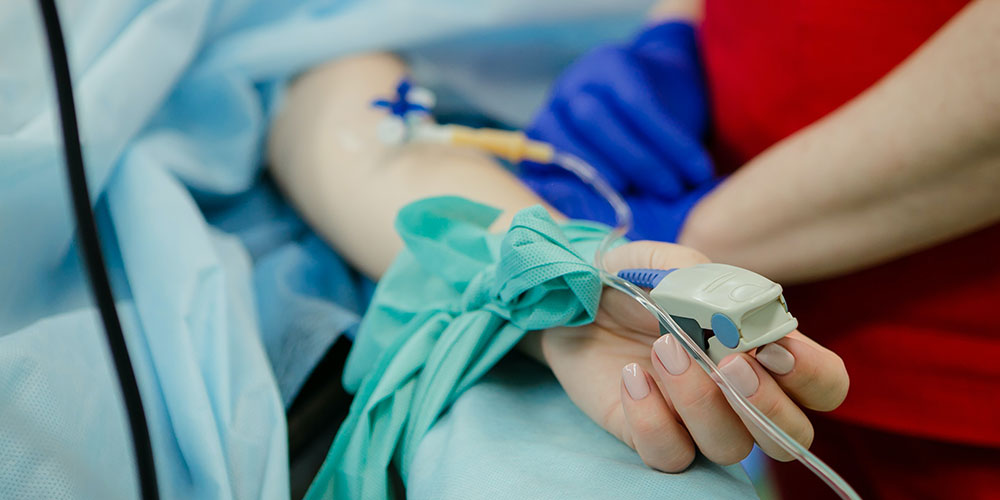Ambien, known generically as zolpidem, is a widely prescribed medication for treating insomnia. While effective for short-term relief, prolonged or improper use can lead to addiction. In fact, according to the 2018 National Survey on Drug Use and Health, around 4 million people aged 12 and older have abused or misused prescription sedatives, including Ambien and other Zolpidem products.
This article delves into the complexities of Ambien addiction, covering its signs, causes, treatment options, and preventive measures.







